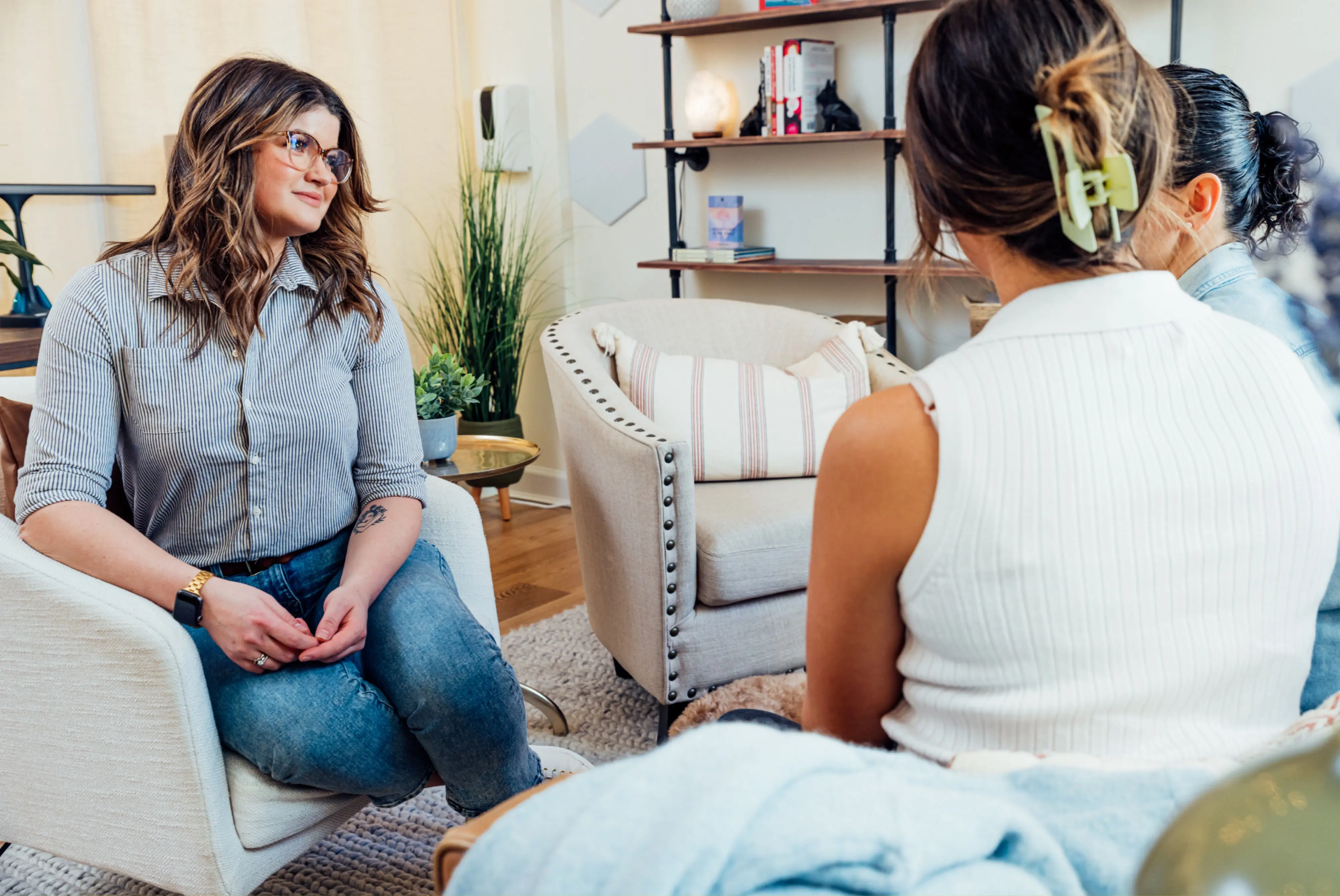24/7 Helpline:
(866) 899-111424/7 Helpline:
(866) 899-1114
Learn more about Couples Rehab centers in Madison County

Other Insurance Options

GEHA

Optima

Premera

Optum

Carleon

MVP Healthcare

Group Health Incorporated

Choice Care Network

Horizon Healthcare Service
Beacon

PHCS Network

American Behavioral

Self-pay options

United Health Care

Evernorth

Absolute Total Care

Coventry Health Care

CareSource

CareFirst

Amerigroup

Four County Counseling Center
Four County Counseling Center, in Peru, Indiana, is an outpatient mental and behavioral health care ...

VA Northern Indiana Health Care System – Peru Community Based Outpatient Clinic
Peru Community Based OutPatient Clinic is a clinic located in Peru, IN. Peru Community Based OutPati...

Crossroads Behavioral Health
Crossroads Behavioral Health is a private rehab located in Winterset, Iowa. Crossroads Behavioral He...






































































































































